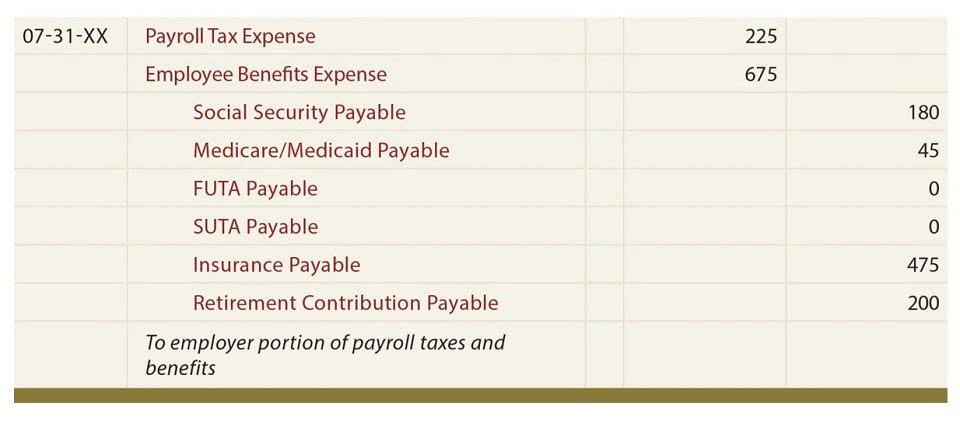
For professionals, especially those charging an hourly rate, it’s crucial to understand these nuances to ensure appropriate financial and legal management. Overall, a retainer fee establishes trust, commitment, and a mutually beneficial partnership between the two parties. While regulations governing retainer fees differ across states, they mostly revolve around transparency and What is bookkeeping fairness.

Determine the Amount of Hours to Be Worked
An experienced attorney will be able to review your fee agreement and help guide you on whether or not your attorney was following the fee agreement. Ultimately, the decision to charge a retainer fee should be based on what makes retainer fee meaning the most sense for you and your client. Negotiating a retainer fee can seem daunting, especially if you’re not used to discussing money matters. However, it’s a crucial part of the process, and with a few tips, you can navigate it with confidence. Once you’ve laid the groundwork, it’s time to decide on the retainer fee amount. This can be one of the most challenging aspects of setting up a retainer fee, but there are several factors you can consider to help guide your decision.
Monthly Payments
Your agency will closely monitor performance and make adjustments where required, plus they won’t have to find someone else when a campaign is finished. From here, just follow a few basic guidelines to ensure the project goes off without a hitch. Don’t forget to create a retainer invoice template you can use with each retainer client.

Understanding Retainer Fees: Meaning, Types, and Examples
- Therefore, both parties must sign the retainer agreement before starting the job.
- For example, if an attorney has a standard hourly rate of $100, then they may charge a $5,000 initial retainer.
- This agreement is useful for both parties as it sets the budget for the project and indicates the amount of work which will be required.
- By understanding and effectively negotiating retainer agreements, clients can tailor these arrangements to fit their specific needs and enhance their professional engagements.
- This upfront cost, paid to secure services, is a common practice in legal, consulting, and creative fields.
Retainer fees are a common form of payment, and Grocery Store Accounting clients should be prepared to pay them when seeking the services of any professional who devotes their time to work for them. This article will help you understand what retainer fees are along with the different types, why they’re used, and how to determine your own. Funds are drawn incrementally as services are delivered, ensuring client protection and professional accountability. This structure creates transparency, as unused funds can be refunded based on agreed terms.
- A retainer fee is a prepayment clients make to secure professional services for a defined period.
- In contrast, an earned retainer fee is money paid by a client that the professional or agency can access immediately because it’s considered earned upon receipt.
- This section should be as detailed as possible, specifying tasks, deliverables, and any limitations.
- All these aspects should be clearly defined to avoid misunderstandings and disputes.

Start by including the names and details (company name, registered address) of the parties involved — the agency and the client. First, ensure you and the client are on the same page about the project goals and timeline. Of course, starting with such an agreement is not always easy, but if you know your clients and they trust you, it’s worth a shot. Let’s look at the most common types and find out which suits your firm or agency the best.
- As the company started two new websites recently, the service provider took 45 days to complete the task.
- Research competitors offering similar services within your niche, considering experience levels, skill sets, and service quality.
- While retainer fees offer several benefits, there are potential pitfalls to be wary of.
- We’ll show you exactly what to include in a retainer agreement, in the next section.
- It also ensures the professional will be paid for the work they must schedule.
They also provide visibility into a client’s budget, helping you adjust services as needed. For example, a PE firm might agree to pay an intermediary only if a particular investment successfully closes. Avoid undervaluing your work by pricing far below competitors, as it may harm your credibility. Likewise, ensure you’re not overpricing without demonstrating additional value like premium services, faster delivery, or unique skills.






No Comments
Leave Comment